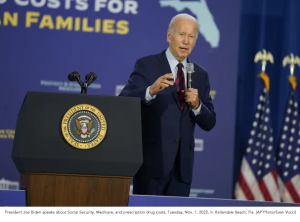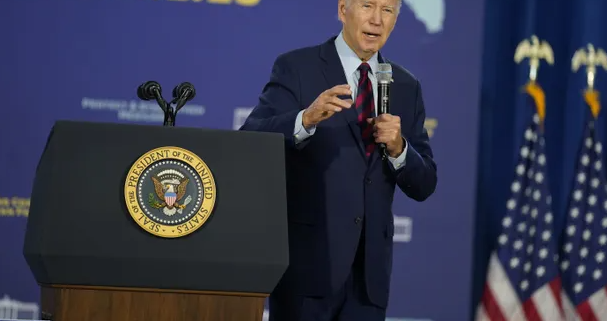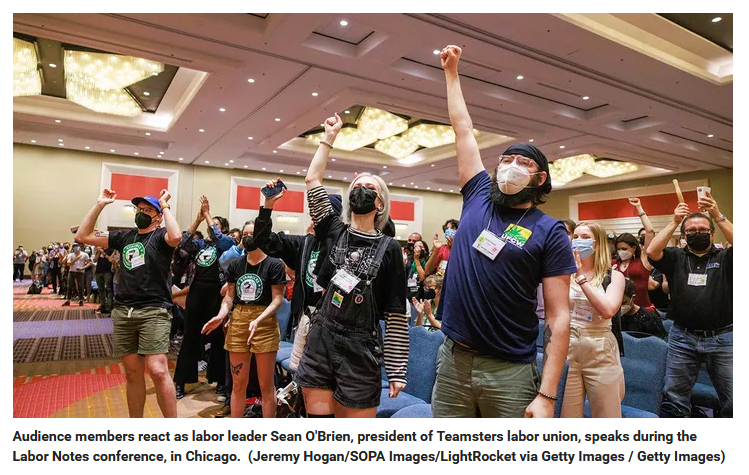Opinion: Biden Policies Threaten Florida Construction, Our Political Parties and More
Biden polices put Florida projects at risk
 During his recent swing through South Florida, President Joe Biden touted his administration’s efforts to combat inflation. What Biden failed to disclose was that his inflationary and anti-competitive labor policies are dealing a severe economic blow to the construction industry and infrastructure projects desperately needed in Florida. These policies will needlessly raise costs and steer contracts to unionized contractors and workers.
During his recent swing through South Florida, President Joe Biden touted his administration’s efforts to combat inflation. What Biden failed to disclose was that his inflationary and anti-competitive labor policies are dealing a severe economic blow to the construction industry and infrastructure projects desperately needed in Florida. These policies will needlessly raise costs and steer contracts to unionized contractors and workers.
This is bad news for taxpayers, the majority of Florida’s construction industry and projects ranging from our roads and bridges to affordable housing and clean energy.
While Americans continue to fret over rising prices for food, gas and just about everything else, the president is implementing an executive order that mandates controversial project labor agreements on large-scale federal construction contracts that will hike construction costs by 12% to 20%.
Project labor agreements also needlessly exacerbate the industry’s skilled labor shortage by excluding workers who have already made the choice to not join a union. This effectively eliminates nearly 98% of Florida’s construction industry from working on these jobs.
Floridians deserves better. Visit BuildAmericaLocal.com. to learn why project labor agreement schemes are not the answer to building public works projects safely, on time and on budget.
Peter Dyga, CEO, Associated Builders and Contractors Florida East Coast Chapter, Coconut Creek


